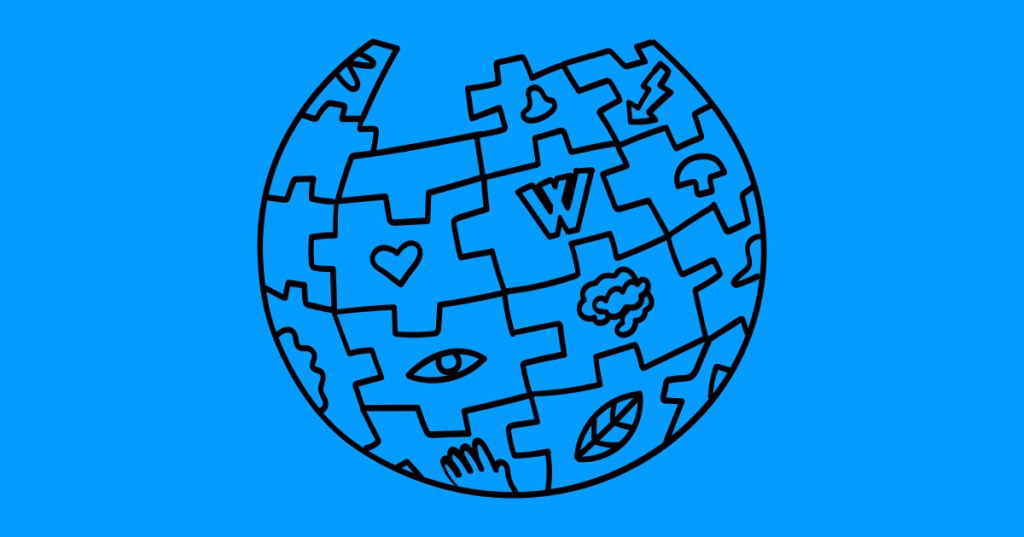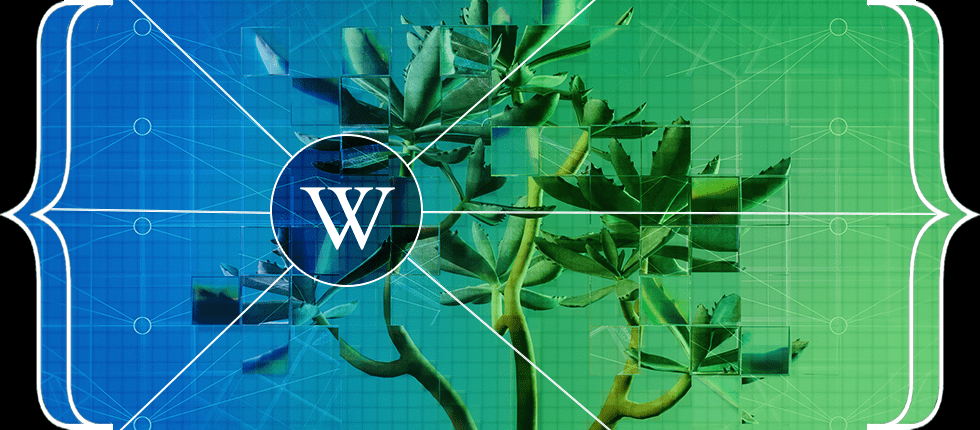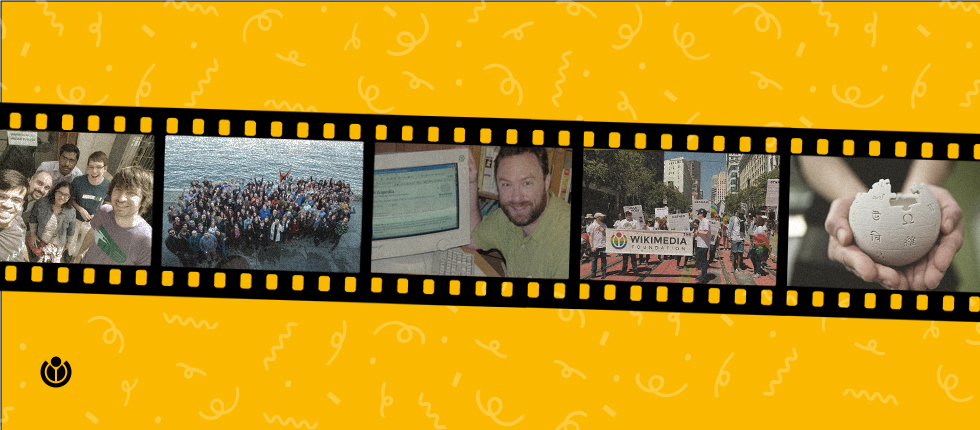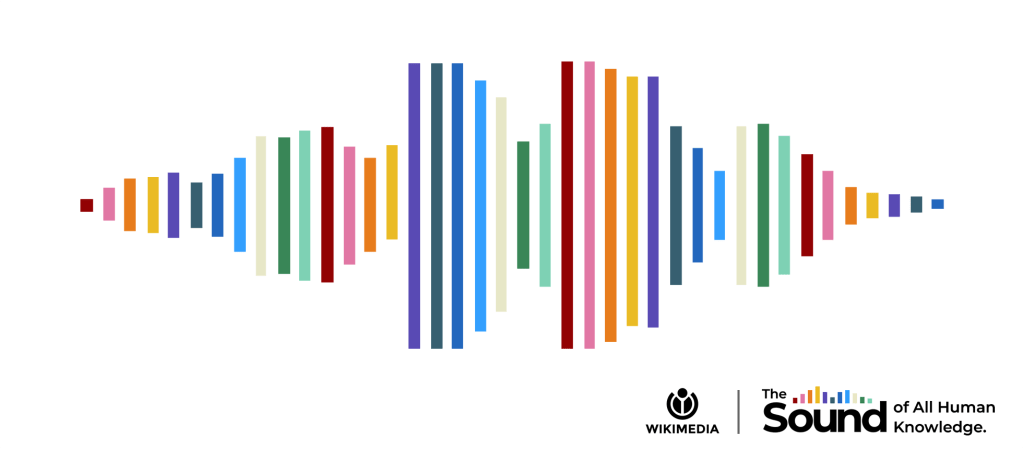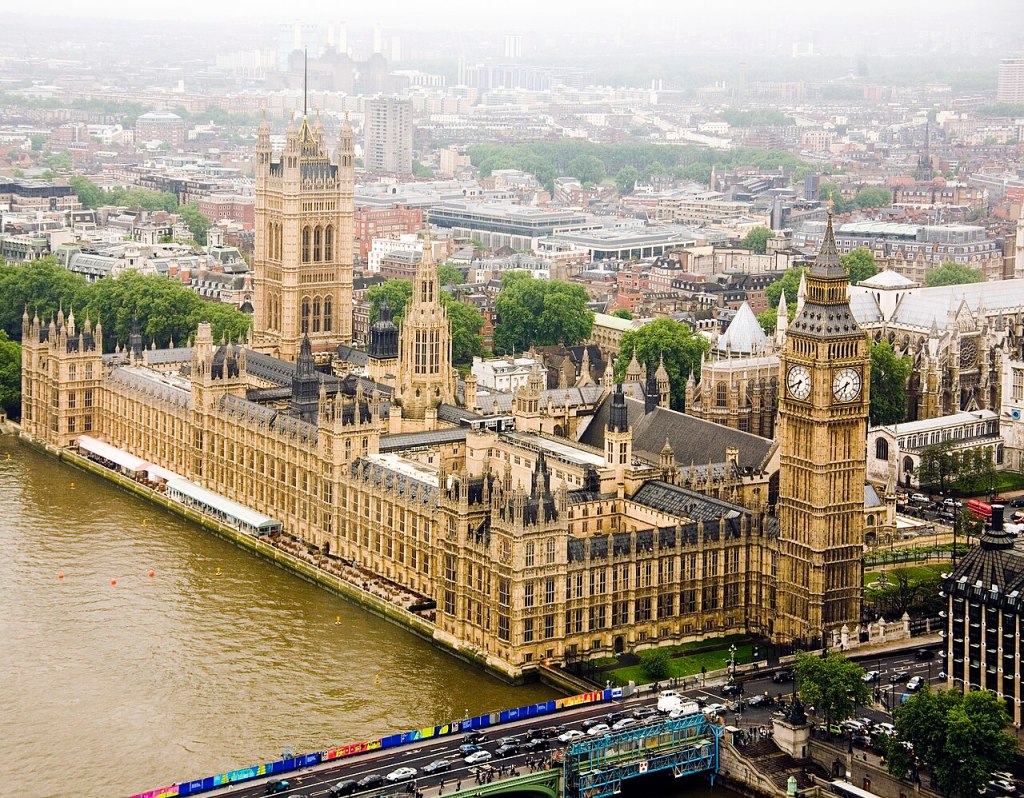Esta publicación también está disponible en español.
Tento příspěvek je dostupný i v češtině.
Questo post è anche disponibile in italiano.
この投稿は日本語でもお読みいただけます。
Αυτό το άρθρο είναι διαθέσιμο και στα ελληνικά.
People give to Wikipedia for many different reasons. The Wikimedia Foundation, the nonprofit that operates Wikipedia, ensures that every donation we receive is invested back into serving Wikipedia, Wikimedia projects, and our free knowledge mission.
While many visit Wikipedia on a daily basis, it’s not always obvious what it takes to make that visit possible. Here are 7 reasons to donate to the Foundation that also clarify who we are, what we do, and why your donations matter:
- We’re a nonprofit, and readers and donors around the world keep us independent.
Many people are surprised to learn that Wikipedia is hosted by a nonprofit organization. It is actually the only website in the top-ten most-visited global websites to be run by a nonprofit. That’s important because we are not funded by advertising, we don’t charge a subscription fee, and we don’t sell your data. The majority of our funding comes from donations ($11 is the average) from people who read Wikipedia. Many see fundraising banners on Wikipedia and give through those. This model preserves our independence by reducing the ability of any one organization or person to influence the content on Wikipedia.
We’ve long-followed industry best practices for nonprofits and have consistently received the highest ratings by nonprofit groups like Charity Navigator for financial efficiency and transparency. We also publish annual reports about our finances and fundraising that are open for anyone to review.
- Wikipedia serves millions of readers and runs at a fraction of the cost of other top websites.
Wikipedia is viewed more than 15 billion times every month. We have the same (if not higher) levels of global traffic as many other for-profit internet companies at a fraction of the budget and staffing.
More than 700 people work at the Wikimedia Foundation. The majority work in product and technology ensuring quick load times, secure connections, and better reading and editing experiences on our sites. They maintain the software and infrastructure on which we operate some of the world’s most multilingual sites with knowledge available in over 300 languages. While our mission and work are unique, by comparison, Google’s translation tool currently supports 133 languages; Meta has more than 70,000 employees; and Reddit has about 1,400 employees.
- Reader donations support the technology that makes Wikipedia possible and improvements to how people read, edit, and share knowledge on Wikipedia.
About half of our budget goes directly towards maintaining Wikipedia and other Wikimedia projects. This supports the technical infrastructure that allows billions of visits to Wikipedia monthly, as well as the staff who play a vital role in contributing to the maintenance of our systems, including site reliability engineering, software engineering, security, and other roles.
Because Wikipedia is available in over 300 languages, it needs top-notch multilingual technology to ensure readers and editors can view and contribute knowledge in their preferred language. Funding also helps with improvements to the user experience on Wikipedia and supporting the growth of global volunteer editor communities to increase knowledge on the site, so that it remains relevant, accurate, and useful.
- We’re evolving to meet new needs in a changing technology landscape and respond to new global threats.
If you regularly visited Wikipedia in our first decade, there was a good chance you’d get an error message at some point. Because of our steady investments in technology, that’s no longer the case. New investments allow Wikipedia to handle record-breaking spikes in traffic with ease, preventing any disruption to the reading or editing experience.
We’re also adapting to meet new challenges, including sophisticated disinformation tactics and threats of government censorship, as well as cybersecurity attacks and changes to laws that regulate the web. New security protocols limit the potential for attackers to take advantage of our sites, while our legal staff help to protect our free knowledge mission.
More than half of our traffic now comes from mobile devices. Voice-activated devices and websites increasingly leverage Wikipedia to serve their users’ knowledge needs. We’re continuing to evolve to meet these preferences.
Editor’s note: Since this blog was originally published in November 2022, the Foundation, alongside the volunteer Wikimedia community, have been exploring how artificial intelligence could transform how people search for knowledge. We’ve recently developed a new, experimental Wikipedia plugin for ChatGPT, which allows users to search for the most up-to-date information on Wikipedia, and provides proper attribution and citations.
- We manage our finances responsibly and balance Wikipedia’s immediate needs with long-term sustainability.
You probably don’t use your checking account in the same way you use a savings account. One is probably for more day-to-day expenses and the other is likely for emergencies, like if your car suddenly breaks down, or for long-term financial goals, like retirement.
It’s similar for nonprofits. We have two accounts that act like savings accounts for us. Our reserve is like a rainy day fund for emergencies, such as an economic crisis.
Our endowment is a long-term permanent fund. The investment income from the endowment supports the future of Wikipedia and Wikimedia projects. These funds are set aside for particular long-term purposes. However, we use the vast majority of the donations we receive from Wikipedia readers to support the current work we are doing that year.
Sustaining healthy financial reserves and having a working capital policy is considered a best practice for organizations of all types. The Wikimedia Foundation Board of Directors defined our working capital policy so that it is designed to sustain our work and provide support to Wikimedia affiliates — a global network of groups that support Wikipedia, Wikimedia projects, and the mission globally — and volunteers in the event of unplanned expenses, emergencies, or revenue shortfalls. It also enables us to have sufficient cashflow to cover our expenses throughout the year.
- Supporting Wikipedia means you’re helping it become more representative of all the world’s knowledge.
The Wikimedia Foundation supports individuals and organizations around the world with funding to increase the diversity, reach, quality, and quantity of free knowledge. Over the last four years, we have given over $47 million to members of the volunteer Wikimedia community in 94 countries. Recently, we made changes to the way we allocate our revenue to be more inclusive to newer and smaller Wikimedia affiliates.
While we recognize there are still big gaps to fill, the knowledge on Wikipedia has become more globally representative of the world, as have the editors that contribute to the site. For example, from 2020 to 2023, the community of volunteer editors in Sub-Saharan Africa has grown by 36 percent. This is because of steady programmatic efforts led by Wikimedia volunteers, affiliates, and others — many of whom have received funding, trainings, and other support from the Foundation.
Why does global representation of Wikipedia volunteer editors matter? It matters because Wikipedia is a reflection of the people who contribute to it. Diverse perspectives create higher quality, more representative, and relevant knowledge for all of us.
- Contributions from readers keep us going.
The humans who give back to Wikipedia — whether through donations, words of support, edits, or through the many other ways people contribute — inspire us every day. All of us here at the Wikimedia Foundation want to take this opportunity to thank them. We’d like to share some of our favorite messages from donors over the years. We hope they move you as much as they have moved us:
“I am astonished at the capabilities of Wikipedia! As I read scientific and medical articles on one monitor, I always have Wikipedia open on the other to check the meaning and background of the increasingly obscure terminology in these areas. Wikipedia is not only the largest collaborative project in human history, it’s the best!”
Donor from the US
“Please accept my heartfelt thanks for keeping Wikipedia going, for not letting it be anyone’s personal property, for maintaining its integrity, quality, and its sanctity, for making it accessible to anyone and everyone across the geography. I understand how difficult it can be to not compromise and keep going especially in today’s profit-seeking digital world.”
Donor from India
We hope that we helped to deepen your understanding about how important reader donations are to Wikipedia. If you have any questions, please check out our FAQ.
If you are in a position to give, you can make a donation to Wikipedia at donate.wikimedia.org.
Editor’s note: This post was originally published on 3 November 2022. Several data points, figures, and links were updated in October 2023 to include more recent information.
